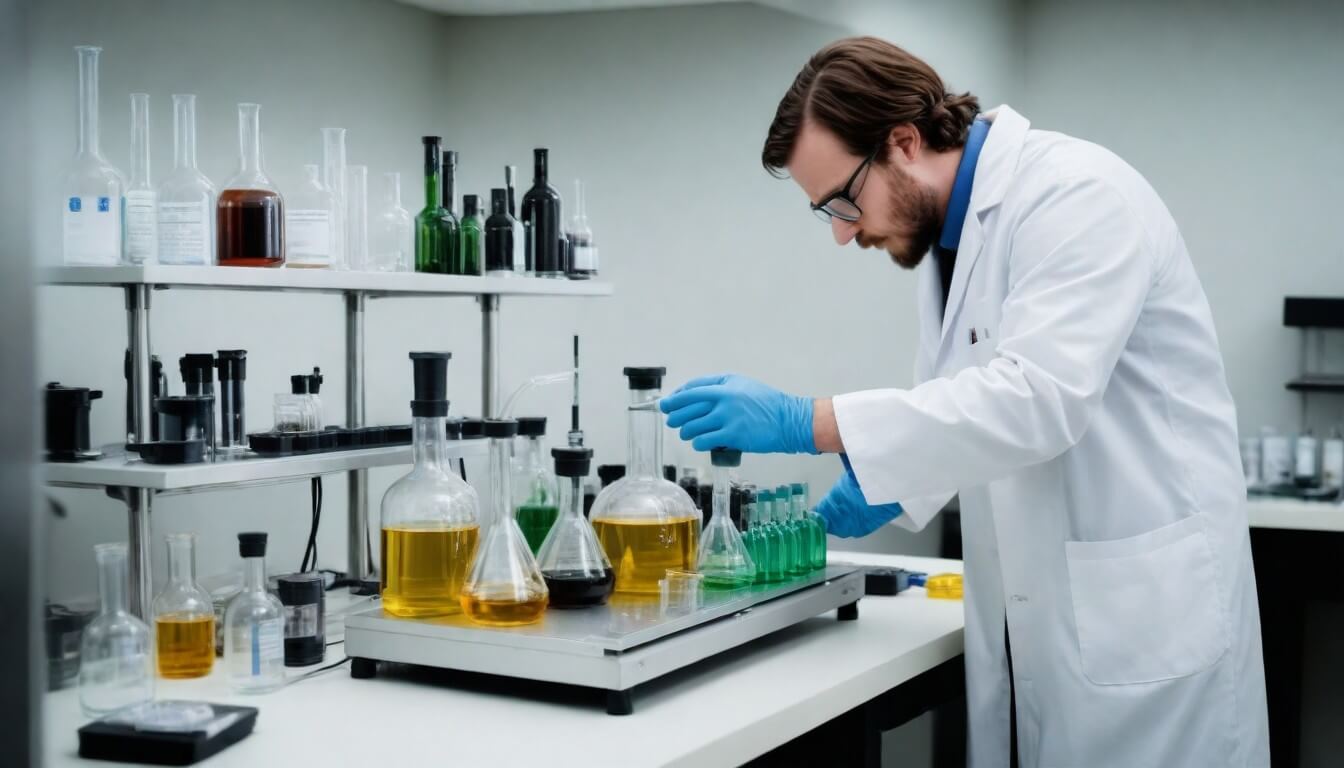Speaking of molecular shapes, when consumed raw, cannabinoids like delta-9 THC can’t get you high as there is an acid group (-COOH) attached to them, preventing them from overstimulating CB1 receptors. To better understand the growing interest in what cannabinoids can all do for us, let’s explore THCa vs. THC.
THCA vs THC: An Overview
When raw, all cannabinoids have a carboxyl group (-COOH) that gives them a tail, which often gives them a structure that makes it hard for them to engage with endocannabinoid receptors to the full extent they have the potential to do so. When we decarb the cannabinoids, often done through heat i.e., toking, the carboxyl group is removed, allowing cannabinoids like THCa to become THC. Research has found that both THCa and THC are potential treatments for a number of diseases, more so THC, but THCa’s anti-inflammatory and neuroprotective effects cannot be understated.
Now, when it comes to recreational use, most people aren’t looking for THCa. THCa will NOT make you feel high, because the high we associate with marijuana occurs due to overstimulation of CB1 receptors largely found in the brain.
To do that, we need decarbed THC cannabinoids. Due to CB1 receptors’ location, when activated by delta-9 THC, the difference between THCa and THC is night and day. This makes THC a catch-22. While it has greater therapeutic potential, it comes as a result of a high that some won’t enjoy or can’t afford.
The Transformation Process: From THCA to Delta 9 THC
There are several ways to decarb cannabinoids. Some of those methods occur naturally, e.g., air and light. However, the most popular decarboxylation method is heat.
The significance of decarboxylation is huge. THCa has been found to be an inhibitor to several vanilloid receptors, with research noting that it may have potential anti-inflammatory and neuroprotective properties. But all those cannabinoids aren’t going to get you high unless we convert them, and when we better understand the method we are using for conversion, we can have better conversion rates.
When using heat to break down the carboxyl group from their acidic forms, the process typically occurs between 220-240°F. Lower temperatures can be used, but it will take longer. Your typical lighter is easily applying more than 1,000°F to the flower — way more than needed, encouraging loss of cannabinoids in the process. Along with smoking’s health concerns, this is why many are moving to vaporizing and creating edibles to consume their cannabis.
THC vs THCA: Comparing Effects on the Body and Mind
Delta-9 THC vs. THCa
- Psychoactive Effects: While it directly converts into the delta-9 — the cannabinoid behind marijuana’s intoxicating effects — THCa will not make you feel high in any way.
- Therapeutic Benefits: Research suggests that THCA has several potential benefits. Its anti-inflammatory benefits alone are notable as excessive inflammation is a hallmark seen in many diseases. Delta-9 also has anti-inflammatory properties, but focus on its therapeutic support comes with the ability to stimulate CB1 receptors. While research is limited on THCa’s ability to improve the permeability of the blood-brain barrier (BBB), which allows larger cannabinoids like CBD to pass through, research has demonstrated delta-9s ability to.
- Potential Side Effects: THCa is generally well-tolerated, but some individuals have noted experiencing minor side effects such as fatigue or dizziness. This is tricky when taken anecdotally, as it’s very hard to know if those side effects are coming from some delta-9 THC that has converted naturally from THCa. Speaking of delta-9’s side effects, it has been linked to everything from paranoia to inhibiting CYP enzymes.
THCA vs THC: Legal Status and Accessibility
As of 2018, in the United States, delta-9 THC is the only cannabinoid that is federally restricted. This has created an interesting loophole, where companies are attempting to legally sell marijuana that is once decarb contains way more THC than what’s federally restricted at (0.3% by dry weight).
Please research your state and other local laws regarding THCa and delta-9 THC. Some states, like Pennsylvania, allow THCa products as long as they follow the federal 0.3% delta-9 THC rule, while others, like Rhode Island, treat all THC variations the same (meaning none of them can have more than 0.3%).
THCA or THC: Making an Informed Choice
While THCa is a direct precursor to THC cannabinoids, the difference between their effects really couldn’t be bigger. While both have potential medical uses, though, for different reasons, only delta-9 THC is used for recreational purposes thanks to its ability to stimulate a euphoric high. Make sure you stay up-to-date on all laws regarding legal cannabis use. And remember, if you want to convert more THCa into THC cannabinoids, consider vaping and edibles that allow you to use optimal temperatures when decarbing your flower.






What is best for not increasing appetite